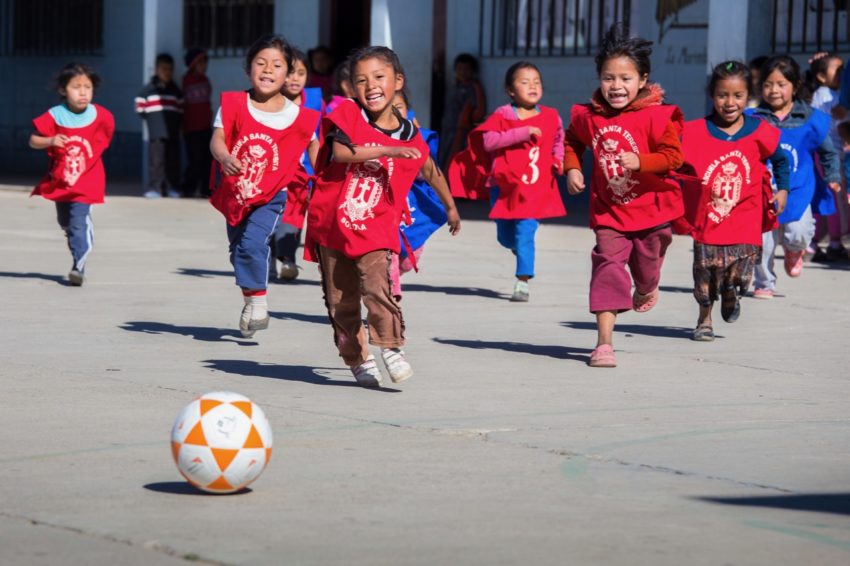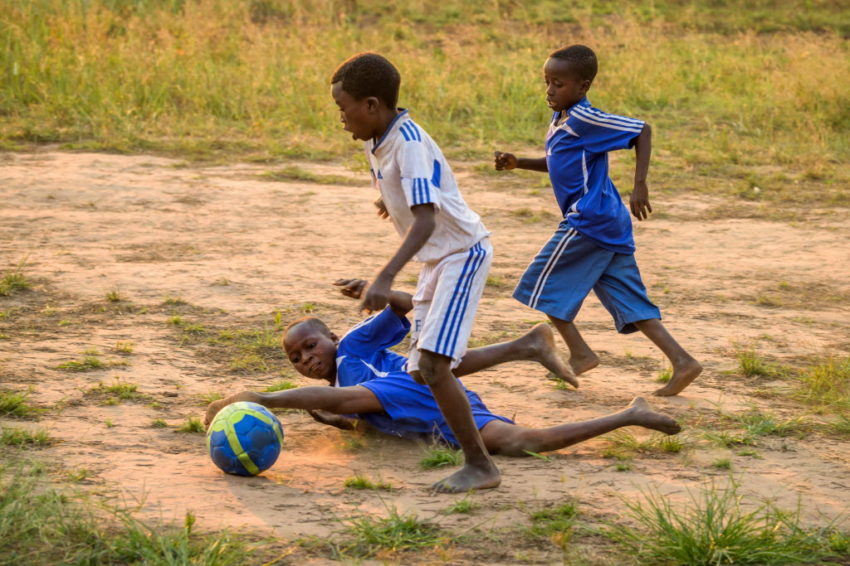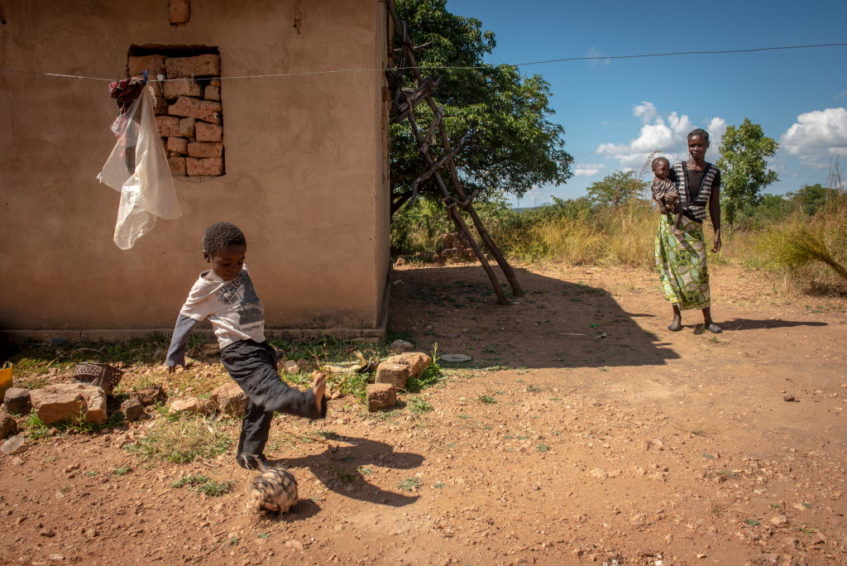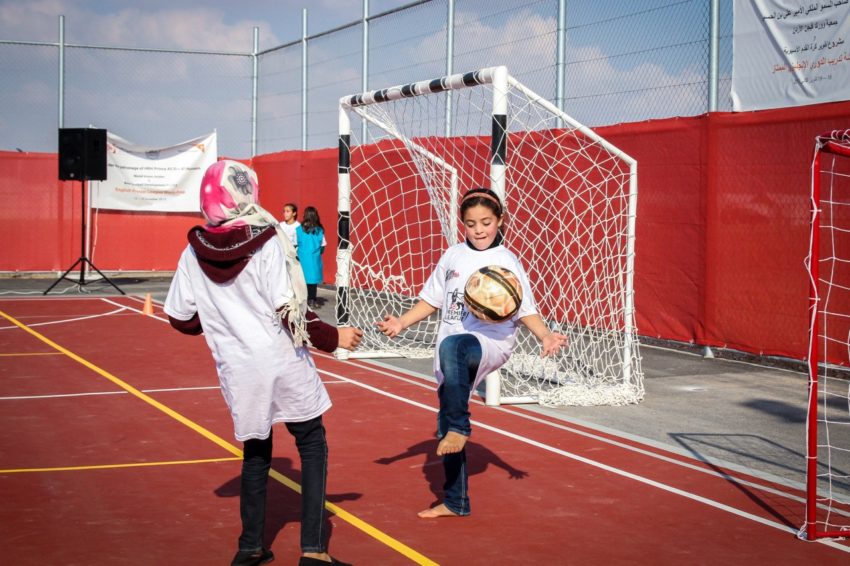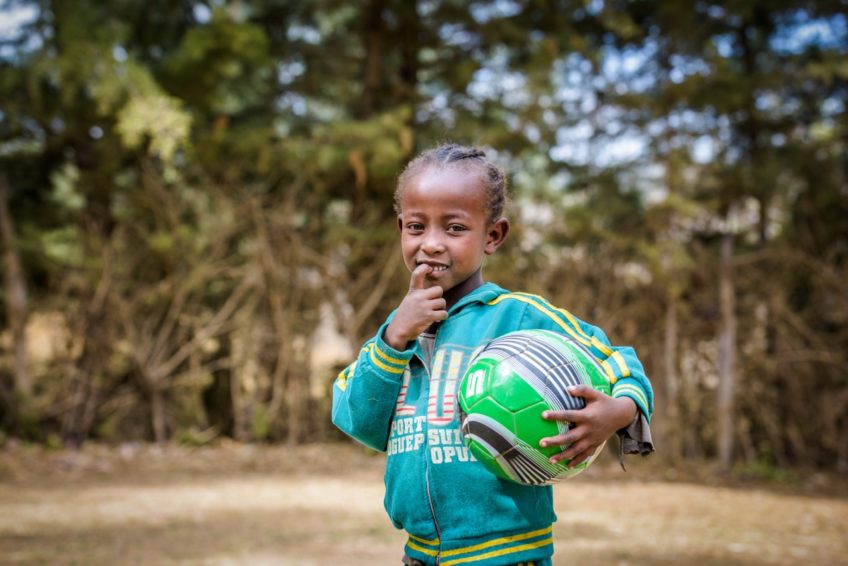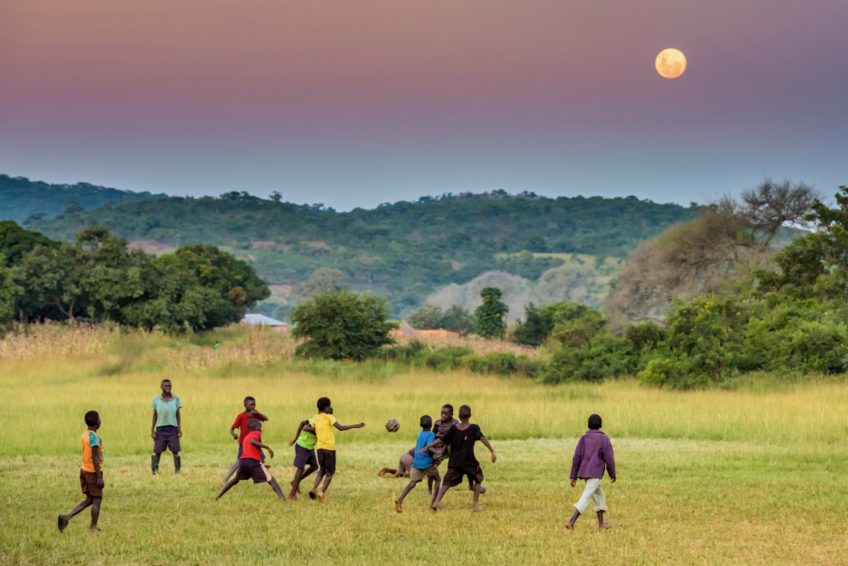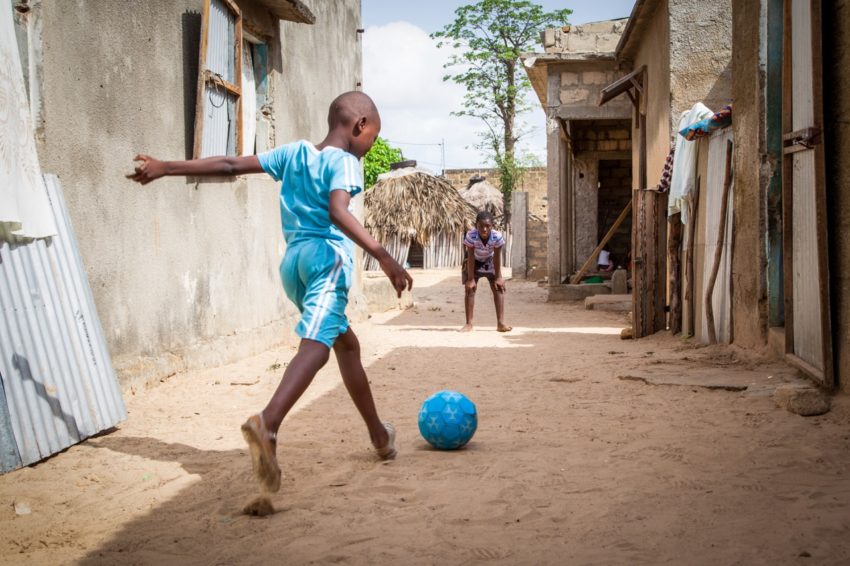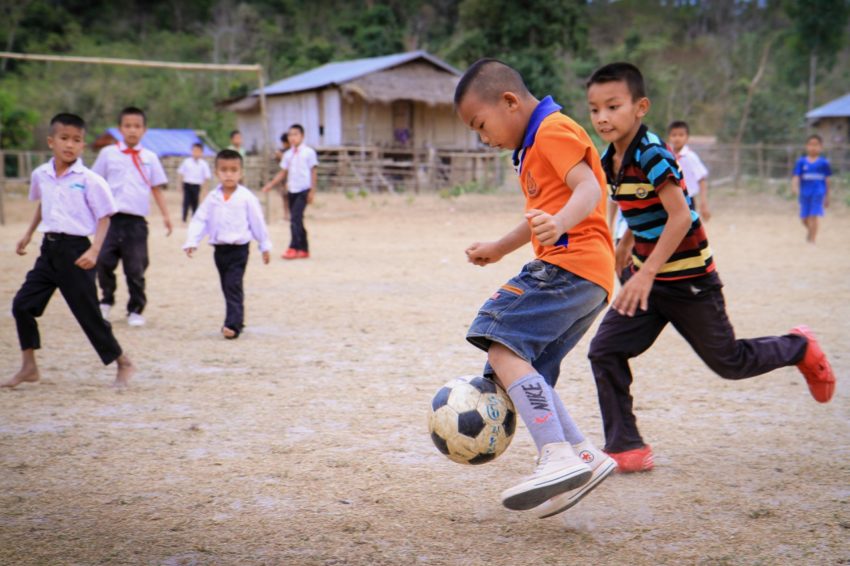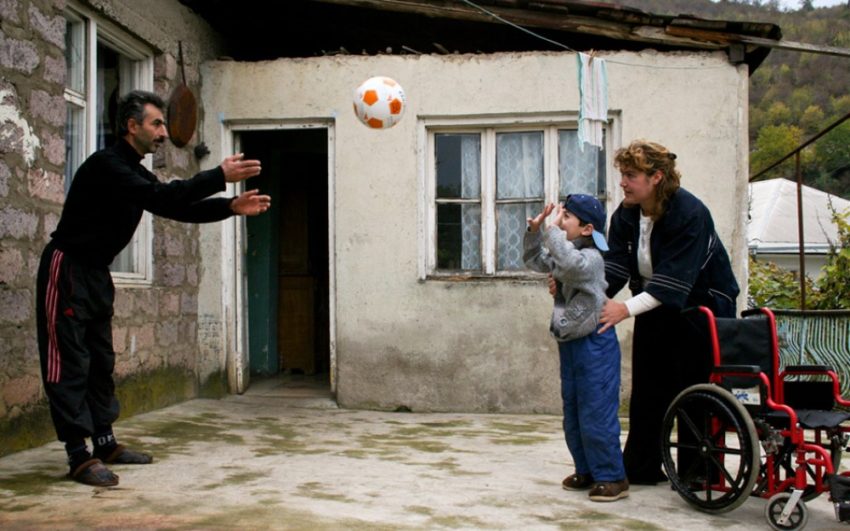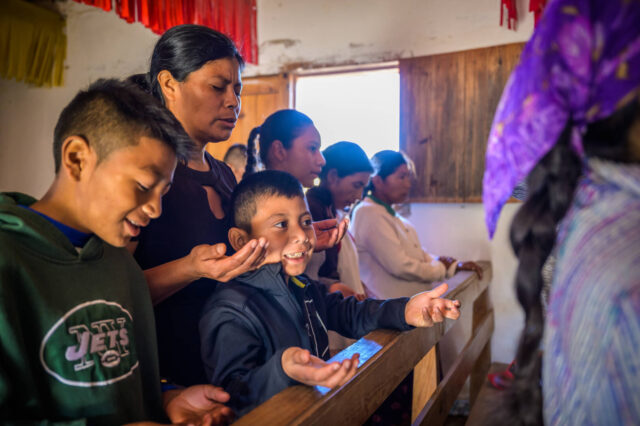All around the world, girls and boys play the world’s most popular sport — the game we in the U.S. call soccer and the rest of the world calls football, the beautiful game. It’s a sport for everyone; all you need is a soccer ball and a field. And soccer — like most sports — is a universal language. It has the power to unify people and break down cultural, religious, and economic boundaries.
“Sport has enormous power to generate real social, economic, and environmental change and contribute to sustainable development, social cohesion, and even to challenge mindsets and prejudice,” says Lakshmi Puri, former United Nations assistant secretary-general and former U.N. women deputy executive director.
So let’s break down five benefits of how soccer empowers kids around the world.
1. Make friends
For kids, making friends is an important part of social development. Soccer teams provide not only the opportunity for kids to make friends, but also find a place where they can belong, build self-esteem and confidence, and create a safe space to talk about tough issues. Peer feedback and problem-solving empowers the givers and the receivers.

2. Build life skills
Playing soccer helps kids build valuable life skills, such as hard work, decision-making, problem-solving, and communication. Through healthy competition, it also teaches the importance of teamwork and cooperation, balanced by good sportsmanship.
“Together, we work to take the ball towards our goal post,” says Neha, a 10th-grade player whose girls soccer program in India is supported by World Vision. “This is possible through teamwork. Our team functions as the backbone, which is useful for winning. I follow this in my life also because staying united can help us move forward.”

3. Be active and healthy
Soccer is a fun activity that helps kids stay active. With physical activity comes many health benefits like muscular development, but it’s also important for kids to learn motor skills like coordination and balance, which can help them not get hurt.
“By playing football, we keep ourselves in good health,” says Alomani Tigga, a 24-year-old from India whose girls soccer program is supported by World Vision. “As a footballer, we learn to maintain a proper diet.”
4. Promote gender equality
Gender equality is core to effective and sustainable development, and participating in sports like soccer can help break down gender stereotypes.
“Women in sport defy the misperception that they are weak or incapable,” says Lakshmi. “Every time they clear a hurdle or kick a ball, demonstrating not only physical strength, but also leadership and strategic thinking, they take a step towards gender equality.”
Girls soccer teams supported by World Vision in South Sudan, India, and other countries are defying gender stereotypes and working to transform discriminatory practices in their communities.

5. Experience the joy of childhood
When it comes down to it, soccer is a game! It’s an outlet for kids to play and have fun. It can also help encourage kids to enjoy their childhood and stay in school, instead of work or child marriage.
Through a soccer team organized by World Vision Child-Friendly Space facilitators in South Sudan, girls learn how to identify, report, and respond to abuse or threats of child marriage — and connect with their peers. The girls are rallying together to support one another on and off the field.
In the Democratic Republic of the Congo, World Vision staff partnered with a local aid organization, Cooperative Reveil de Kananga, to use soccer to heal the wounds of children affected by war — bringing them back to experience the joy of being a child.
“When I visited the communities for the first time, most of the children that I met were just sitting idle in their homes and looked very lonely,” says Pointen Nshaki, who works for Cooperative Reveil de Kananga. Along with much-needed psychosocial support, soccer has united and excited the children, transforming their demeanors.
Those five benefits of soccer for kids are also five reasons why you should donate a soccer ball to a child in need. And thanks to a matching donation from Baden Sports, your gift will double. You’ll provide four balls for the price of two, eight for the price of four, twelve for the price of six! Goooal!
World Vision staff Solomon Baizil in India, Wezzie Banda in the Democratic Republic of the Congo, and Mark Nonkes in South Sudan contributed to this article.
